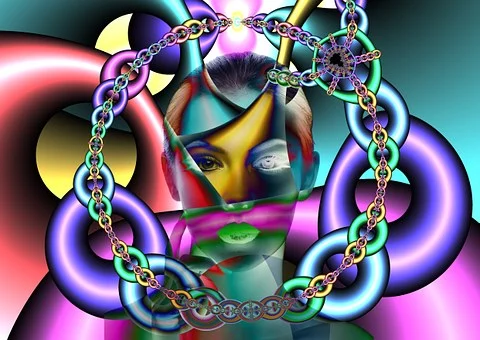How to Manage Compulsions in Early Recovery

When is a behaviour called “compulsive? For recovering alcoholics and addicts, when a particular way of thinking or behaving creates intense short-term pleasure but invariably leads to long-term pain, it can be considered a compulsion. It is dangerous and self-defeating. The problem is not with the behaviour itself – whether it’s exercise, eating, shopping or 12-Step meetings attendance – but with the intense attachment to the activity that threatens other essential parts of life.
If you become addicted to sweets or ice cream and stop eating nutritious foods and gain two kilos in two months, that is self-defeating behaviour. Purchasing a new dress or phone every month may have a disastrous effect on finances. Running fifteen kilometres a week is not the same as running fifteen kilometres a day.
The line between normal and compulsive shifts according to the individual. Here’s one way to assess the negative impact of compulsive behaviours: Ask yourself, “Is this way of thinking or behaving damaging my relationships with the people who mean the most to me?”. A compulsion becomes self-defeating when it draws you away from others into a more narrowly focused world. That’s what addiction does, and that is one reason why compulsions can be so dangerous for alcoholics, addicts and gamblers. By their very nature, compulsions can become psychologically addictive. And for alcoholics, any addictive behaviour can serve as a painful reminder of the master addiction, the substance that always worked, the key that never failed to unlock the door of intense and immediate pleasure: alcohol.
The positive side of compulsions
In early recovery, alcoholics often need their compulsions and obsessions. Working out at the gym two hours a day every day, drinking five cups of coffee every morning, chain-smoking cigarettes, or attending twenty Alcoholics Anonymous (AA) meetings in one week might seem compulsive. Still, these behaviours could also be interpreted as adaptive responses to the stress of recovery and creative approaches to directing pent-up energy into activities that do not involve drinking or drugging.
Compulsions can serve to hide unresolved sadness and grief temporarily. After all, recovering addicts and alcoholics have lost their best friend – the booze or drug that was always by their side. Since alcoholics have not had a lot of practice learning how to tolerate these emotions without reaching for the bottle to dilute the pain, a compulsion can offer emotional relief. This cooling-off period directs energy outward rather than inward. Forcing an alcoholic to strip away the compulsion to reveal underlying emotions can be unbearably painful.
Addiction recovery means change
Recovery from addiction means change. It is not marked by an external, authoritarian command that tells us we must change, but an inner voice that says, “I am willing to change.” Over time, with the humility that sobriety brings, that voice says, “I am willing to be changed.” The willingness to be changed is a mysterious process. This quiet transformation involves rediscovering your identity as an ever-evolving human being rather than a personality carved in stone.
It is immensely useful to have a guide in the process of change – either an addiction therapist or a sponsor in the 12 Step fellowship.
When we accept ourselves, with all our flaws and imperfections, we discover that change is possible. The purpose of the change is not to compete with others, proving that you are bigger, stronger, or better than someone else, but to become your true self, the person you were meant to be – and, perhaps even more important, the person you would like to be. Transforming yourself means becoming yourself, which involves learning to be comfortable in your own (sober) alcoholic skin.
If you are concerned about your or a loved one’s addiction issues, call us on +91 90008 50001 or 98490 69609